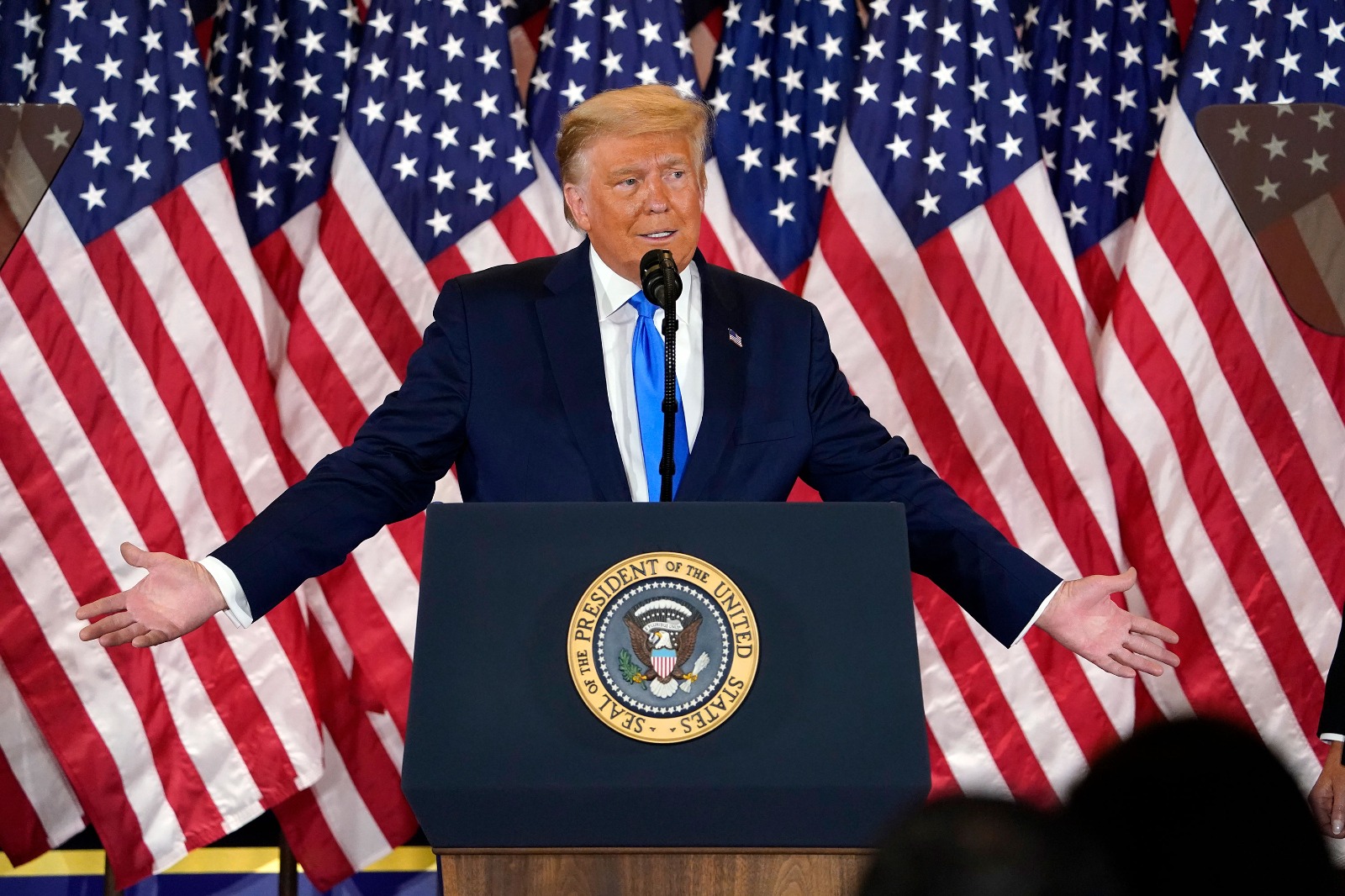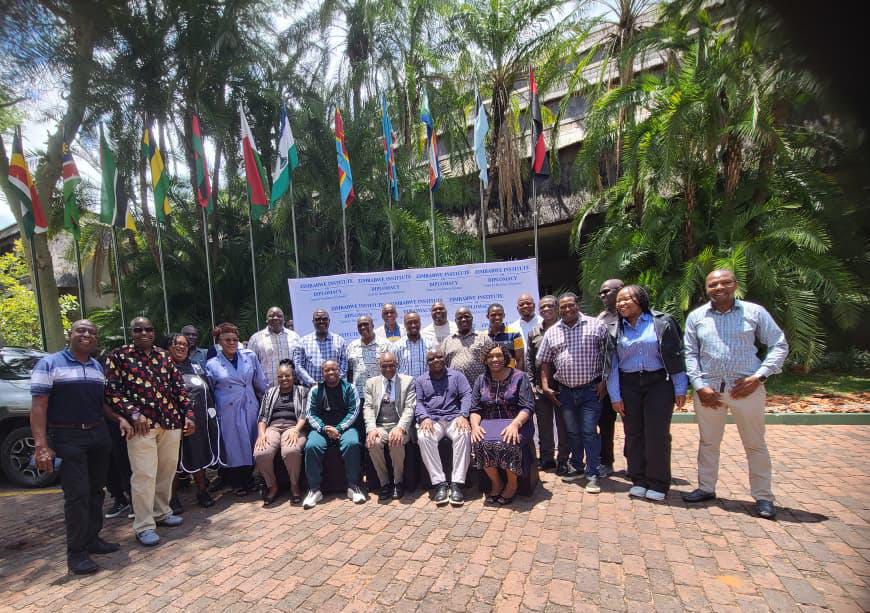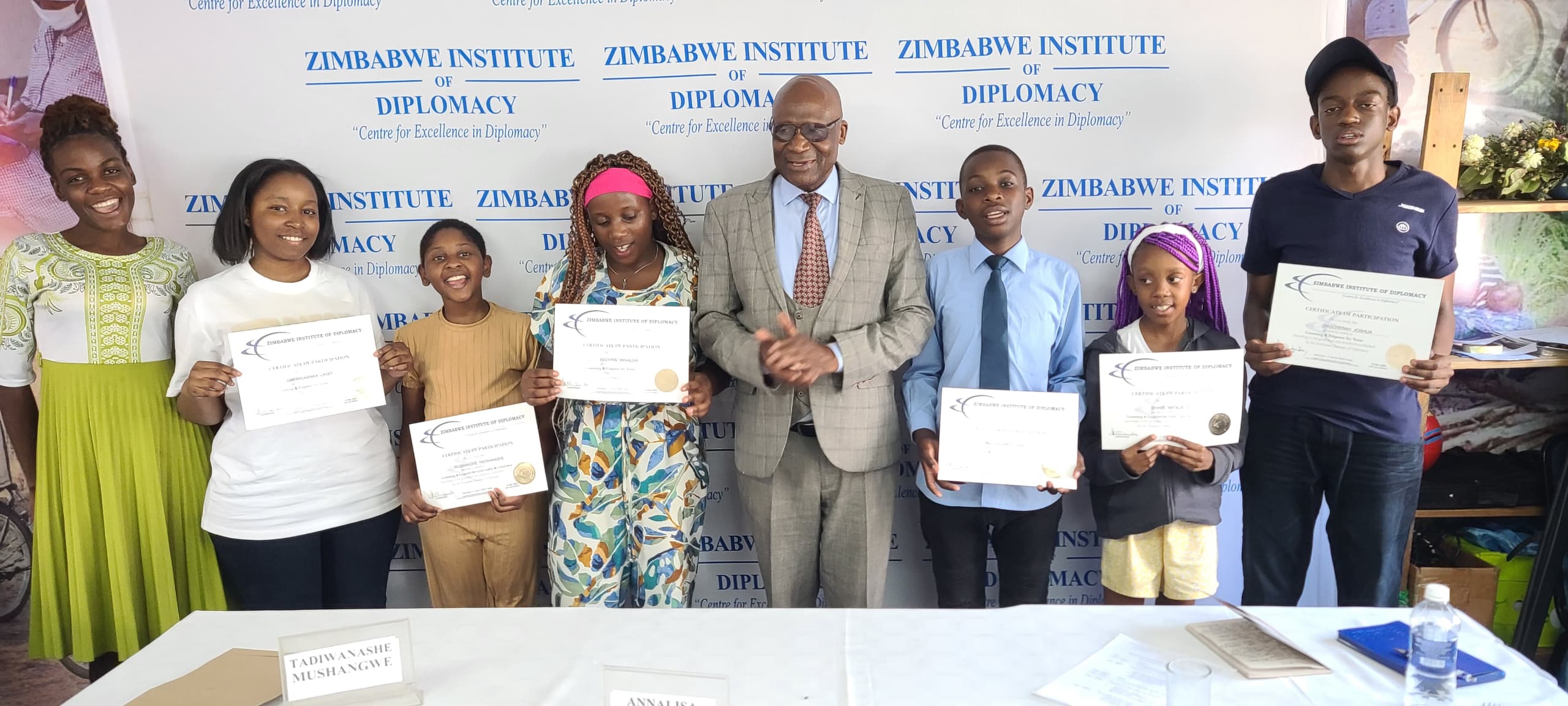The reelection of Donald Trump has left America’s political establishment, particularly the bureaucracy, in shock. The European capitals are experiencing what might be described as “political diarrhea” especially in NATO, as leaders question how they will navigate a U.S. president who believes NATO should pay for its own sins without relying on America. Trump’s resilience in the face of lawsuits, falsification of news which was propelled by CNN and fierce criticism from the Biden administration only seemed to bolster his support, with voters backing his “America First” vision.
Though often labeled a tyrant and dismissed as a lost cause, Trump captured a significant following by advocating for the priorities of the American people over international obligations. Critics have described him as a misogynist and chauvinist, yet his record reflects a more complex stance on women’s rights and his vision for America includes a withdrawal from global policing, emphasizing that U.S resources should benefit Americans first. Trump’s stance suggests that he views the U.S as an overextended empire, something he believes has become detrimental and unsustainable.
One would wonder if Trump knows where Africa is due to his past approach to Africa where he was indifferent to the continent during his tenure. This was marked by America’s limited investment and minimal military engagement. African nations now need to sharpen their diplomacy and advocate for American support in ways that went under-prioritized during Trump’s first term. Towards the end of that term, Trump began to express a more conciliatory stance toward Africa. If he maintains this approach during his second coming, Africa could strengthen its relationship with the U.S., creating opportunities for collaboration in trade, infrastructure and security.
In Europe, Trump’s second term raises questions about the future of the conflict between Ukraine and Russia. His long standing alignment with President Putin and belief in American non-interventionism could shift U.S. policy, as Trump had previously criticized NATO’s eastward expansion, which was a point of contention for Russia. Trump has previously expressed admiration for Putin’s leadership and stated that it is better to have a friend with 100 nuclear weapons than to be an adversary, suggesting he might prioritize diplomacy over conflict. The writing is on the wall, the war must stop and the two countries need to come to a negotiation table. Trump may press for a ceasefire that reaffirms Ukraine’s independence while cooling tensions around NATO’s expansion to avoid further provocation.
Despite trade tensions with China, Trump and President Xi Jingping have been having high level meetings.Trump has maintained that these economic rivalries represent a form of “healthy competition.” Trade imbalances aside, the relationship between the U.S. and China is underpinned by significant mutual interests, with numerous American companies operating in China and Chinese goods flooding U.S. markets. Trump’s pragmatic approach could help sustain this complex relationship, encouraging coexistence and potentially creating new economic opportunities for both superpowers.
Trump’s stance on Israel has been unwavering, yet his return could signal a new effort to end hostilities while ensuring Israel’s security. The ongoing violence in Gaza has drawn global condemnation, with calls for a balanced approach to human rights in the region. Trump’s role could be pivotal; if he commits to facilitating negotiations, he may help redefine the region’s future. Western democracy has been challenged by the global response to the high casualty toll, making it essential for the U.S. to take a more active, humane approach.
One of Trump’s most unprecedented diplomatic moves was his direct engagement with Kim Jong-UN, making him the first American president to set foot in North Korea. This step signaled a shift in U.S.-North Korea relations, with Trump suggesting that direct dialogue could defuse nuclear tensions. A revived commitment to multilateral negotiations, possibly through the Six-Party Talks, could offer a new pathway for addressing nuclear proliferation in the Asia-Pacific, a region now central to U.S. foreign policy interests.
In South Asia, Trump could work to ease tensions between India and Pakistan, particularly over Kashmir. His transactional style might lend itself to facilitating dialogue between these nuclear-armed neighbors, promoting stability and reducing the risk of escalation. With both countries looking to the U.S. as a global power broker, Trump’s return may provide new channels for diplomatic engagement.
Post-Brexit, the United Kingdom’s relationship with the U.S. has faced uncertainty. Trump’s support for Brexit positions him as an ally who could help strengthen U.S.-UK ties in trade and diplomacy. His rapport with UK leaders may bring renewed warmth to a relationship affected by the complexities of Brexit, fostering economic collaboration and shared security goals.
Zimbabwe, facing economic and developmental challenges, could find an opportunity in Trump’s reelection. Trump’s pro-business stance might lead to increased investment, potentially supporting Zimbabwe’s infrastructure and anti-corruption efforts. If Zimbabwe can capitalize on U.S. interest, there may indeed be light at the end of the tunnel for economic growth and stability.
Trump’s reelection marks the return of a divisive but undeniably impactful figure on the global stage. Whether in Europe, Africa or Asia, his leadership is expected to challenge traditional alliances, reshape economic policies and push for diplomatic solutions in areas where conflict has long persisted. Only time will tell if his policies will lead to peace or further disruption, but the world watches with anticipation to see how his bold, often unconventional approach will shape international relations.




